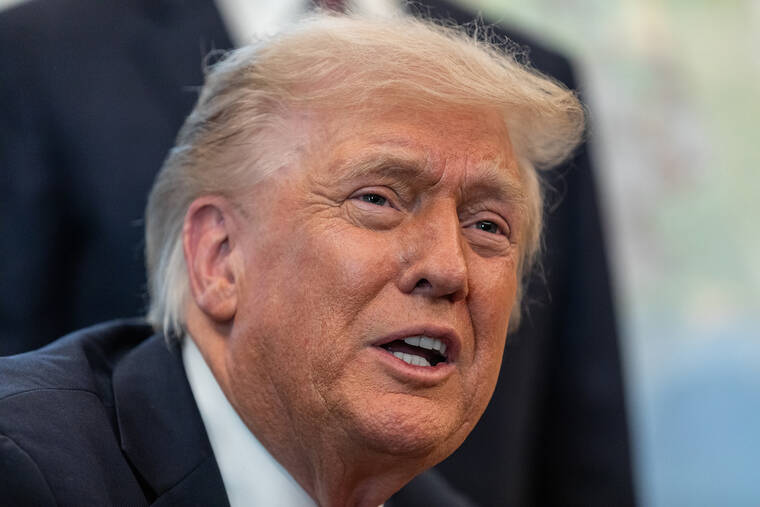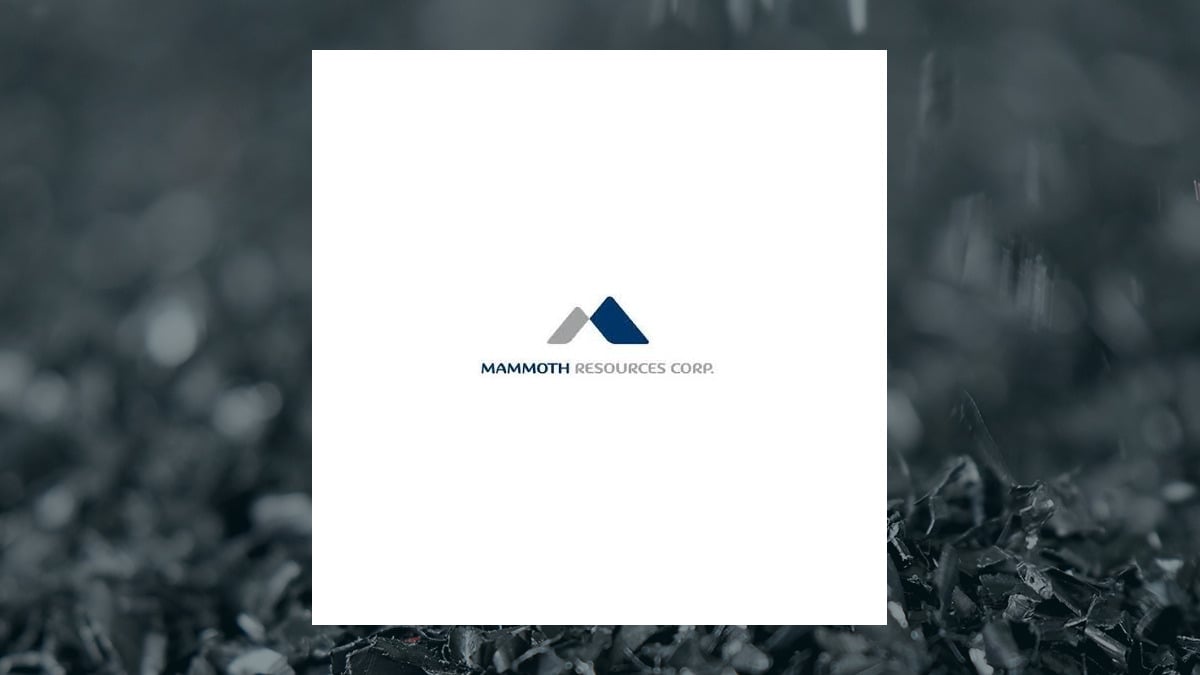A recent column by Marc Thiessen in the *Honolulu Star-Advertiser* has ignited debate over whether former President Donald Trump deserves a Nobel Peace Prize. Thiessen argues that Trump should be recognized as a significant peacemaker, particularly in light of his involvement in ongoing negotiations related to the conflict in Gaza. This assertion has received vocal support from Trump, who has encouraged his followers to advocate for his nomination at public rallies.
Thiessen’s argument centers on Trump’s purported contributions to peace efforts. He claims that the former president played a vital role in the recent settlement discussions concerning Gaza. However, critics note that these negotiations are still in progress, making it premature to label Trump as a peacemaker.
In contrast, some observers highlight Trump’s history of military actions as evidence of a more aggressive foreign policy. Notably, his administration authorized airstrikes against Iran and has been involved in escalating tensions with Venezuela. This approach has led many to question the validity of Thiessen’s claims. The characterization of Trump as a peacemaker clashes with the perception of him as a “warmaker,” especially given the U.S.’s military support for Israel amid accusations of violence against the Palestinian people.
The discourse surrounding Trump’s actions is further complicated by his use of federal and National Guard troops to maintain order in cities like Washington, D.C., Chicago, and Los Angeles. Critics argue that such measures are not indicative of peacemaking efforts but rather reflect a tendency to wield power in ways that intimidate rather than foster dialogue.
As the debate continues, it remains clear that the discussion about Trump’s legacy is far from settled. The contrasting views reflect deep divisions in how peace and conflict are defined and enacted on the global stage.
In the wake of these discussions, the *Honolulu Star-Advertiser* has invited readers to share their opinions on the matter. Letters to the editor can be submitted directly to the publication, reflecting the ongoing public interest in Trump’s complex legacy and the broader implications for international relations.







